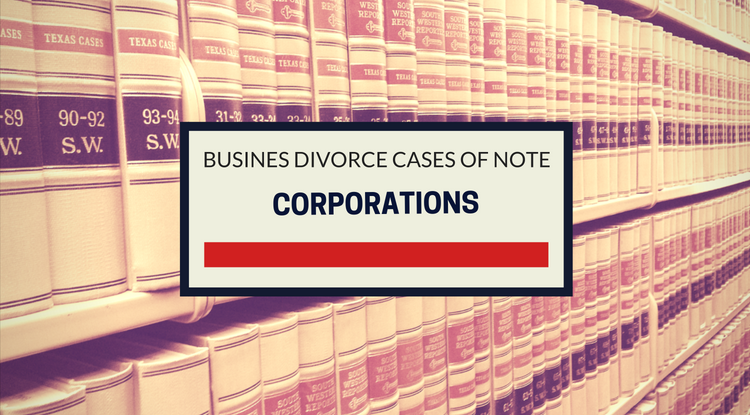-
A plaintiff seeking to bring a derivative claim on behalf of a corporation, limited liability company or limited partnership must be “suitable” and represent the interests of the business.
-
A member of a limited liability company may sue individually to recover or protect the member’s individual right. New Jersey law does not, however, permit a member to bring a claim for involuntary dissociation, or expulsion, as a direct claim.
-
Courts have discretion to treat derivative claims as direct claims under New Jersey law, but may bar a derivate claim brought by a limited liability company that is antagonistic to the other owners.

Family in South Jersey Sand and Gravel Business Torn by Claims of Wrongdoing in Derivative Action
Hostility among the owners of a limited liability company is a staple in business divorce litigation, as are the derivative claims commonly asserted by the minority against the majority. But one New Jersey court has dismissed minority derivative claims because that hostility, the court said, made the member an unsuitable derivative plaintiff.
Is this case, Cave v. Cave, from the Superior Court in Burlington County, an outlier? Or does it merely reflect a more thorough analysis of the requirements for a derivative action. If this decision were to be widely followed, it could change the landscape of litigation among the owners of closely held businesses. Continue reading
 The Business Divorce Law Report
The Business Divorce Law Report




 The decision of controlling shareholders that a corporation will not pay dividends to a former employee and director is subject to the business judgment rule, in this case defeating the shareholder’s claim of oppressive conduct by the majority.
The decision of controlling shareholders that a corporation will not pay dividends to a former employee and director is subject to the business judgment rule, in this case defeating the shareholder’s claim of oppressive conduct by the majority. Statutes: S.C. Code Ann. § 33-18-420; S.C. Code Ann. § 33-15-105; S.C. Code Ann. § 33-18-200 to -210; S.C. Code Ann. § 33-18-220; S.C. Code Ann. § 33-18-230; N.C. Gen. Stat. § 55-14-31
Statutes: S.C. Code Ann. § 33-18-420; S.C. Code Ann. § 33-15-105; S.C. Code Ann. § 33-18-200 to -210; S.C. Code Ann. § 33-18-220; S.C. Code Ann. § 33-18-230; N.C. Gen. Stat. § 55-14-31

